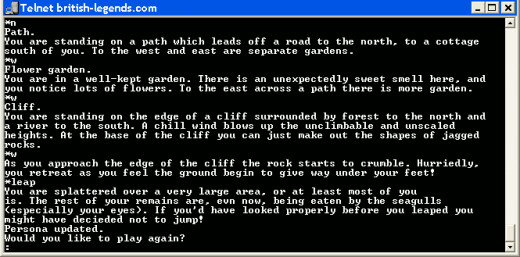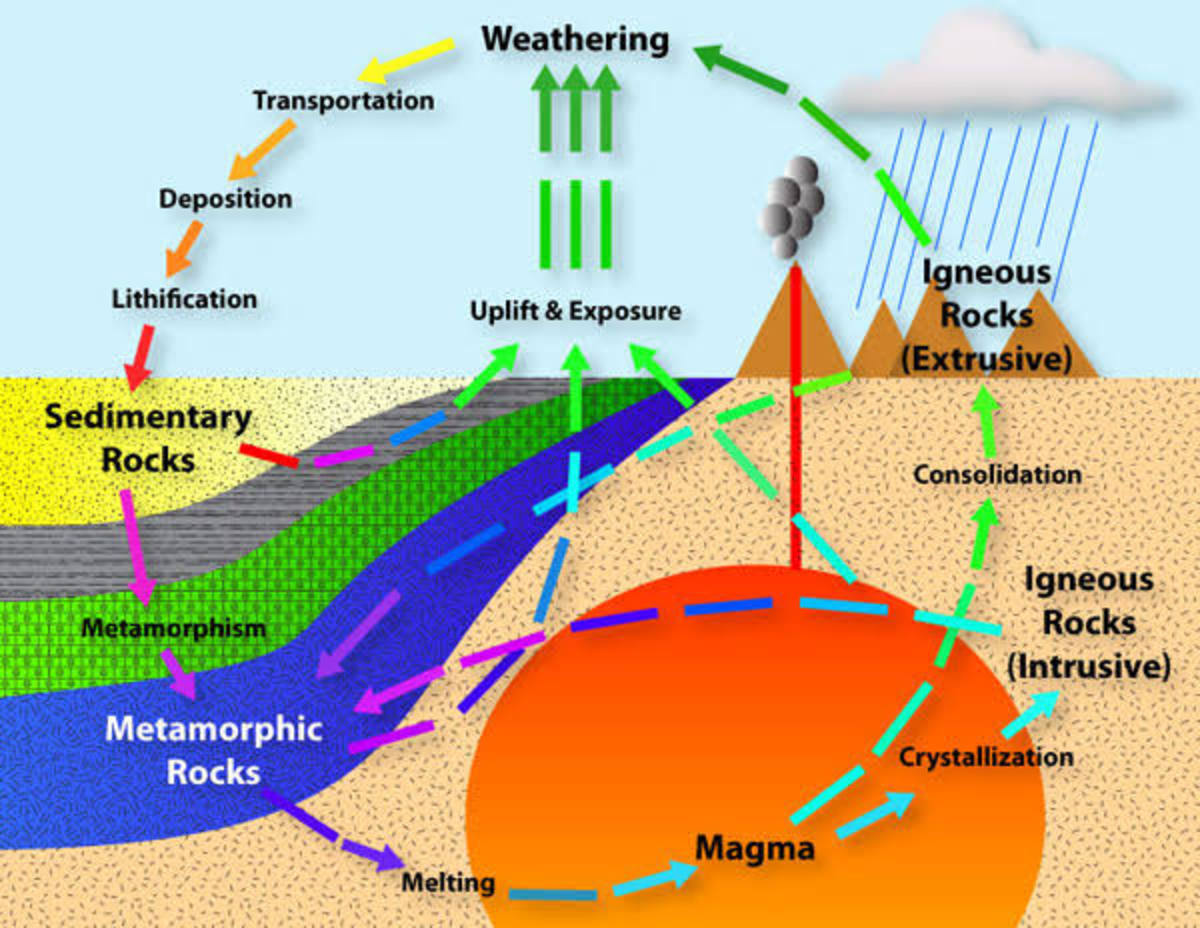Gamification History 1980-2013

Gamification is quite new as a business concept, but it's roots goes way back. A hundred years ago the Cracker Jack company started putting a Toy Surprise in every box. After this, countless companies have used games, toys and other kind of fun, as a way of selling products. They all have some kind of gamification, but it is not like we talk about it today - in terms of systematically thinking about how to make things more game-like and increase sales or motivate people.
1980 - MUD 1
In 1980 MUD1 became the first Internet multiplayer online role-playing game. It didn't look that much, as you can see in the picture on the right. This game was text-based system, but MUD1 was the first place where people could experience a shared virtual world. It was like a start of such games as World of Warcraft, Second Life or Lineage.

After 1980 there were many researches done and one of great person who done these is James Paul Gee. He is teaching at Arizona State University. He has written a number of books about how video games, even commercial, entertainment oriented games, encode powerful knowledge creation and learning mechanisms, that relate to all of the deep research, what we have on how people learn.
Great book by James Paul Gee you might want to read
2002 - Present: Serious games
"Serious games are designed for the purpose of solving a problem. Although serious games can be entertaining, their main purpose is to investigate, or advertise. Sometimes a game will deliberately sacrifice fun and entertainment in order to achieve a desired progress by the player." - Wikipedia
Serious games movement brought together the communities in the private sector, academia and the military. They were using games for training and simulation for various kinds of non-game purposes. For example military were very interested in simulating the battlefield and also being to use games as training mechanisms. Also many private companies started using serious games for training and other tasks. Games became a great way of teaching system thinking.
2007 - First modern gamification platform
In 2007, Bunchball transitioned from social gaming and launched Nitro, a software platform which allows organizations to implement game mechanics across social networks, mobile applications, and websites. Now there are more companies (for example Badgeville and BigDoor) who offer gamification platforms for other companies.
2010
In 2010 gamification really took of. It was partly because the community reached critical mass and they agreed to use gamification as a normal term, but also because of set of presentations, which really crystallised the idea of gamification for people. One of the best was presentation by well known game developer Jesse Schell who has it's own firm called "Schell Games". I highly recommend watching his full presentation at http://www.g4tv.com/ but if you don't have 28 minutes, just watch the Youtube video. He really pushed people forward to think about what gamification can do.
Same year Jane McGonigal published her book "Reality is Broken" and gave a TED talk. Jane is well known for her work on alternative reality games. Games, that are embedded into the real world and she talks how games can solve human problems. How games can help us address things like climate change, how to make people more engaged, complete and more successful. She does not use gamification term, but many her ideas how games work and motivate are quite same what I'm talking here.
Today
Today gamification is starting to mature. It is still new, people are still developing the ideas, but there are conferences and many companies of different areas are using different aspects of gamification. There are market research reports, giving figures about gamification industry. Clearly something is going on here and industry is reaching the point where it is real thing. That's why I encourage you to dive into the gamification and learn more how it can be properly done.






